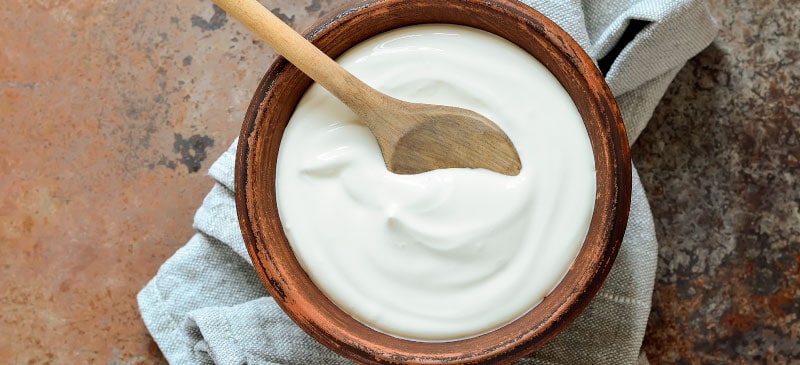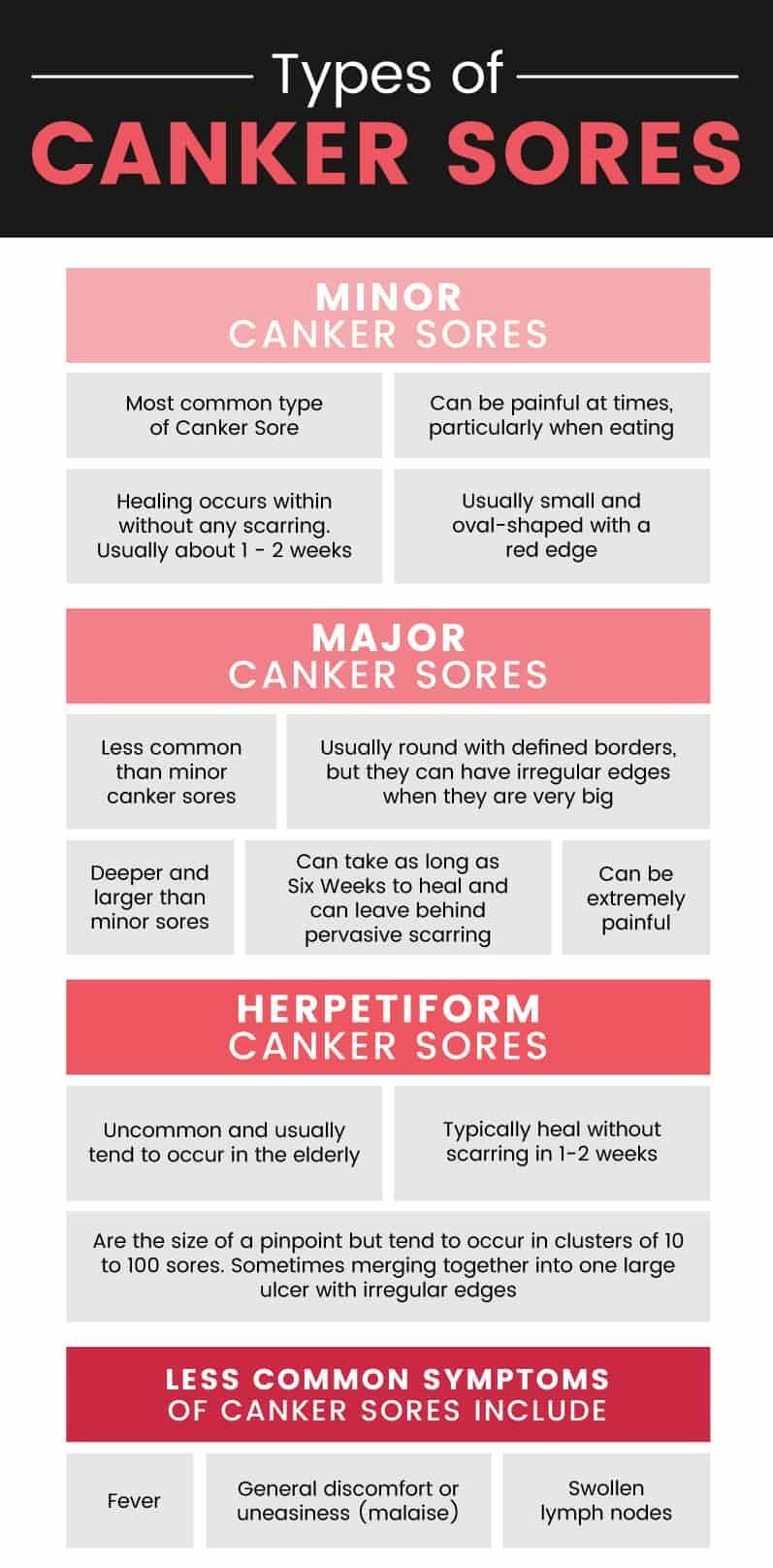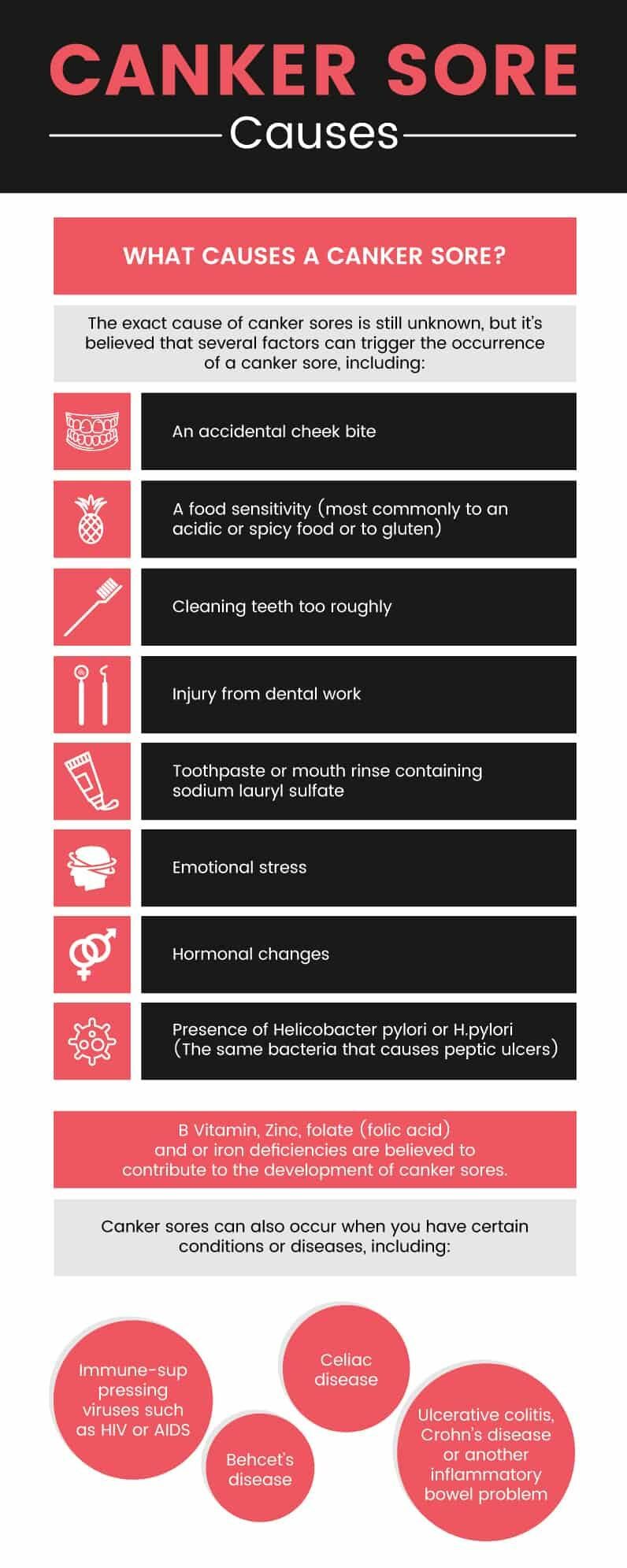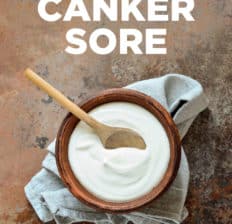This Dr. Axe content is medically reviewed or fact checked to ensure factually accurate information.
With strict editorial sourcing guidelines, we only link to academic research institutions, reputable media sites and, when research is available, medically peer-reviewed studies. Note that the numbers in parentheses (1, 2, etc.) are clickable links to these studies.
The information in our articles is NOT intended to replace a one-on-one relationship with a qualified health care professional and is not intended as medical advice.
This article is based on scientific evidence, written by experts and fact checked by our trained editorial staff. Note that the numbers in parentheses (1, 2, etc.) are clickable links to medically peer-reviewed studies.
Our team includes licensed nutritionists and dietitians, certified health education specialists, as well as certified strength and conditioning specialists, personal trainers and corrective exercise specialists. Our team aims to be not only thorough with its research, but also objective and unbiased.
The information in our articles is NOT intended to replace a one-on-one relationship with a qualified health care professional and is not intended as medical advice.
How to Get Rid of Canker Sores — 13 Natural Ways
September 15, 2023

I bet you didn’t know that women are actually more likely to get a canker sore than men. It’s true. Canker sores can also run in families — possibly due to heredity or to a shared environmental factor like foods or allergens!
Unfortunately, anyone at any age can develop a canker sore.
Do you know what causes a canker sore or how you can get rid of one faster? You can make your own canker sore remedy, of course, but there are other ways as well.
Keep reading, and soon you will find out how!
What Is a Canker Sore?
A canker sore is a small, shallow, benign ulcer that can develop on the soft tissues inside your cheeks or lips, underneath your tongue, or at the base of your gums. It’s also called aphthous stomatitis or an aphthous ulcer.
Most canker sores are under a third of an inch across. Canker sores that occur frequently are known as recurrent aphthous ulcers.
A canker sore is generally round or oval with a white or yellow center and a red border. Your mouth might tingle or burn shortly before a canker sore forms in your mouth.
Unlike fever blisters or cold sores (caused by the herpes virus), canker sores are never on the outside of the mouth — they only form in the lining of the inside of the mouth, known as the oral mucosa — and they’re absolutely not contagious.
However, they can be painful, and the pain is more likely to be felt when eating or speaking.
Symptoms and Types of Canker Sores
Types of aphthous ulcers or canker sores include:
1. Minor Canker Sores
- most common type of canker sore or aphthous stomatitis
- usually small and oval-shaped with a red edge
- can be painful at times, particularly when eating
- healing occurs within one to two weeks without any scarring
2. Major Canker Sores
- less common than minor canker sores
- usually round with defined borders, but they can have irregular edges when they’re very big
- deeper and larger than minor sores
- can be extremely painful
- can take as long as six weeks to heal and can leave behind pervasive scarring
3. Herpetiform Canker Sores
- uncommon and usually tend to occur in the elderly
- are the size of a pinpoint but tend to occur in clusters of 10 to 100 sores, sometimes merging together into one large ulcer with irregular edges
- typically heal without scarring in one to two weeks
Less common symptoms of canker sore include:
- fever
- general discomfort or uneasiness (malaise)
- swollen lymph nodes

Causes
The exact cause of canker sores is still unknown, but it’s believed that several factors can trigger the occurrence of a canker sore, including:
- An accidental cheek bite
- A food sensitivity (most commonly to an acidic or spicy food or to gluten)
- Certain oral care practices or injuries, such as cleaning teeth too roughly, injury from dental work, toothpaste or mouth rinse containing sodium lauryl sulfate
- Emotional stress
- Hormonal changes
- The presence of Helicobacter pylori or H. pylori (the same bacteria that causes peptic ulcers)
- B vitamins, zinc, folate (folic acid) and/or iron deficiencies are believed to contribute to the development of canker sores
Canker sores can also occur when you have certain conditions or diseases, including:
- Immune-suppressing viruses, such as HIV or AIDS
- Celiac disease, an autoimmune disorder that can occur in genetically predisposed people where the ingestion of gluten leads to damage in the small intestine; it’s estimated to affect one in 100 people worldwide.
- Ulcerative colitis, Crohn’s disease or another inflammatory bowel problem
- Behçet’s disease, a rare, chronic, autoinflammatory disorder of unknown origin that causes inflammation throughout the body, including the mouth
13 Natural Canker Sore Remedies
Most canker sores are very small and go away on their own within a week or two without any scarring. Still, even though they’re small, seven to 14 days of annoying pain in your mouth is not desirable to say the least.
Thankfully, there are plenty of natural ways to cut down pain and healing time, starting with No. 1 on our list — plus, we have 12 more awesome ideas to come to the rescue, naturally!
1. DIY Homemade Canker Sore Mouth Rinse Recipe
This simple yet super-effective mouth rinse is sure to reduce inflammation and ease pain fast.
2. Ice It
Suck on small ice cubes to soothe canker sores and reduce inflammation. The coldness of the ice slows down blood flow to the canker sore, thereby reducing pain and swelling.
3. Watch What You Eat
Avoid rough (think burnt toast), spicy (think hot sauce) or acidic (think orange juice) foods that can cause even more irritation and pain. One of the easiest ways to get a canker sore angry or angrier is to consume one or all of these foods.
4. Supplement with B vitamins
Certain nutritional deficiencies can lead to canker sores. A double-blind study found that supplementing with sublingual vitamin B12 prevented canker sore recurrence even in people who were not deficient in B12. The amount used in the study was 1,000 micrograms (one milligram) twice a day for six months.
In addition, supplementing daily with B vitamins — 300 milligrams of vitamin B1, 20 milligrams of vitamin B2 and 150 milligrams of vitamin B6 — has been reported to provide some people with relief. Thiamine (B1) deficiency specifically has also been linked to an increased risk of canker sores.
5. Supplement with Iron
To know the correct supplemental level of iron or if you need additional iron in your diet at all, you need to establish a diagnosis of an iron deficiency by a health care professional using lab tests. If you do, it could contribute to your canker sores, so supplementing with iron could help.
6. Yogurt
Having high-quality probiotic yogurt daily is great for the treatment of canker sores. The passage of friendly bacteria from probiotics through the mouth helps the canker sore calm down and heal, and the smooth coolness of yogurt helps with pain.
7. Deglycyrrhizinated Licorice (DGL)
Research found that people with canker sores who gargled four times per day with DGL liquid extract dissolved in warm water felt pain relief. Seventy-five percent of patients experienced a 50 percent to 75 percent improvement within one day followed by complete healing of the ulcers by day three.
To make a DGL mouthwash, mix 1/2 teaspoon licorice extract with 1/4 cup water, swish, gargle and expel the mouthwash four times daily for canker sore relief. You can also chew one or two 200-milligram tablets of DGL two or three times a day.

8. Apple Cider Vinegar
Mix equal parts apple cider vinegar and warm water, and use this as a daily gargle to speed the disappearance of canker sores. Apple cider vinegar has acetic acid, which has the ability to kill dangerous “bad” bacteria and at the same time foster the growth of beneficial “good” bacteria.
It essentially acts as a natural antibiotic for the canker sore.
9. Hydrogen Peroxide
Use a cotton swab to apply a mixture of half hydrogen peroxide, half water directly to the canker sore. Do not eat or drink for an hour after treatment. Repeat daily.
10. Tea Time
Next time you have a cup of black tea (preferably organic), save the tea bag if you have a canker sore because by simply applying a wet black tea bag to the sore, it can help with pain and inflammation. You can thank the tea’s tannin content for the positive effects.
You can also use a chamomile tea bag instead of black tea. Chamomile has anti-inflammatory properties, which helps treat canker sores as well.
11. Go Gluten-Free
If you suspect that a gluten intolerance is linked with your canker sores, then you can get tested for celiac disease by your doctor. Eliminating products with gluten could then become your main defense against canker sores.
12. Zinc Lozenges
Zinc deficiency has been linked with recurrent canker sores so treating the deficiency may lead to relief. However, talk to your doctor before long-term zinc supplementation.
A preliminary trial found that supplementation with up to 150 milligrams of zinc per day reduced recurrences of canker sores by 50 percent to 100 percent. Participants who were zinc-deficient experienced the most consistent benefit. A high-quality zinc lozenge once or twice a day is an easy way to help speed healing of a canker sore just like it cuts the duration of a cold.
13. Say No to Sodium Lauryl Sulfate
Entirely avoid toothpastes and mouthwashes that contain sodium lauryl sulfate, which is a foaming agent that has been found to contribute to canker sore formation and recurrence.
A study conducted in Norway linked sodium lauryl sulfate to canker sore incidences. It found that the denaturing effect of sodium lauryl sulfate on the oral mucin layer, with exposure of the underlying epithelium, induces an increased incidence of recurrent canker sores.
When to See Your Doctor
Make an appointment to see your doctor if you have a canker sore that is accompanied by fever, diarrhea, headache and/or a skin rash. If your canker sores are unusually large, last more than two weeks, extend into the lips themselves or outbreaks are excessively frequent, then it’s a good idea to seek medical attention.
Recurring sores (also called recurrent aphthous stomatitis), especially when new ones develop before old ones heal, are another cause for concern — as is pain from a canker sore that is intolerable, excessive, or causes extreme difficulty when eating or drinking.
You can also visit your dentist if sharp teeth or dental work seem to be causing your canker sores.

